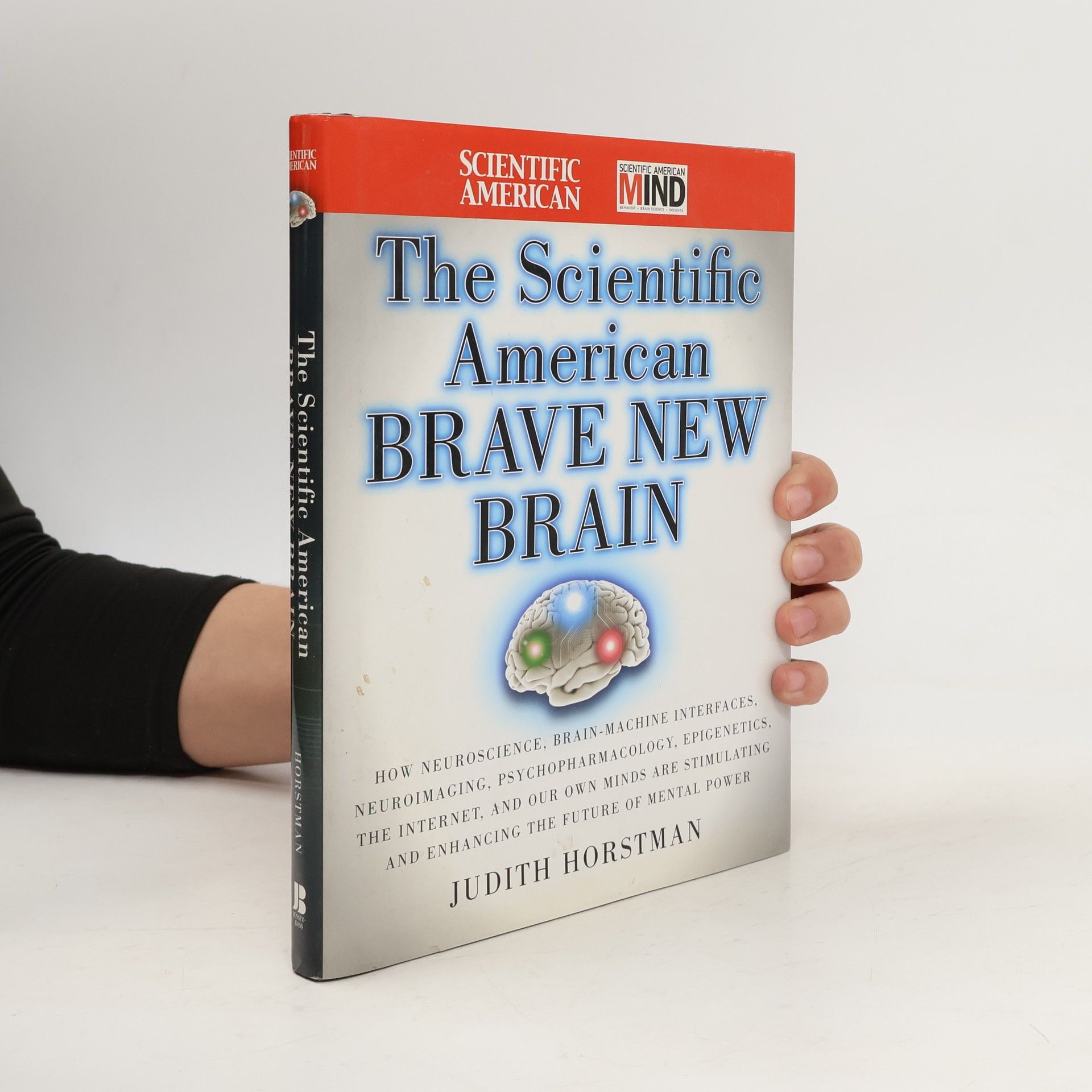The Scientific American Brave New Brain
How Neuroscience, Brain-Machine Interfaces, Neuroimaging, Psychopharmacology, Epigenetics, the Internet, and Our Own Minds Are Stimulating and Enhancing the Future of Mental Power
- 208pages
- 8 heures de lecture
This fascinating and highly accessible book presents fantastic but totally feasible projections of what your brain may be capable of in the near future. It shows how scientific breakthroughs and amazing research are turning science fiction into science fact. In this brave new book, you'll How partnerships between biological sciences and technology are helping the deaf hear, the blind see, and the paralyzed communicate.How our brains can repair and improve themselves, erase traumatic memoriesHow we can stay mentally alert longerâ and how we may be able to halt or even reverse AlzheimersHow we can control technology with brain waves, including prosthetic devices, machinery, computersâ and even spaceships or clones.Insights into how science may cure fatal diseases, and improve our intellectual and physical productivityJudith Horstman presents a highly informative and entertaining look at the future of your brain, based on articles from Scientific American and Scientific American Mind magazines, and the work of todayâ s visionary neuroscientists.

